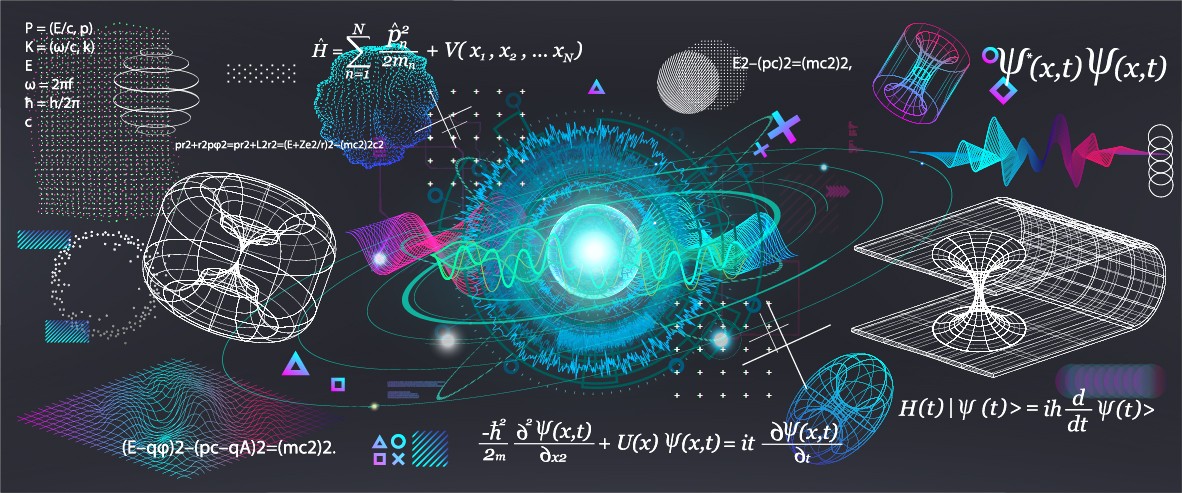Quantum computing, often regarded as the next frontier in computational technology, is transforming the way we process data and solve complicated issues. This advanced branch of computer science uses quantum mechanics concepts to execute calculations at previously unthinkable speeds. We will delve into the world of quantum computing in this blog, investigating its underlying concepts, applications, and the potential it has for the future of technology.

What is Quantum Computing?
Quantum computing is fundamentally different from traditional computing. Traditional computers use bits as the fundamental unit of data, which can be either 0 or 1. Quantum computing, on the other hand, makes use of quantum bits, or qubits, which can exist in numerous states at the same time due to superposition and entanglement principles.
Superposition
Superposition enables the linear combination of both 0 and 1 to exist in a qubit, allowing for the concurrent computing of many possibilities. This idea is comparable to flipping a coin and getting both heads and tails at once.
Entanglement
Another amazing quality of qubits is entanglement. When qubits are entangled, their states are dependent on one another even though they are separated by a great distance. The potential for quicker and more secure communication networks is made possible by this feature.
Potential of Quantum Computing ?
The enormous potential of quantum computing rests in its capacity to resolve issues that are currently beyond the capabilities of conventional computers. Some of them are :
Cryptography
Optimization
Machine Learning
Drug Discovery and Material Science
Astronomy and Space Exploration
Artificial Intelligence and Neural Networks:
Today's Quantum Computing
Numerous businesses and institutions are currently at the forefront of quantum computing :
Through the IBM Quantum Experience, IBM offers cloud-based access to quantum computers, giving researchers and developers the chance to investigate quantum algorithms.
With their quantum supremacy experiment using the 53-qubit Sycamore processor, Google made news by showcasing the better performance of quantum computers for a variety of activities.
D-Wave Systems is an expert in the alternative quantum computing method known as quantum annealing and provides quantum annealers designed for dealing with challenging optimization issues. These businesses are actively reshaping the quantum computing landscape and expanding the realm of what is possible in terms of computation.
Quantum Computing Future
Quantum computing is a rapidly developing field. More potent quantum processors will be made available, with more qubits and enhanced error-correction capabilities. Quantum computing will be useful across a range of businesses and provide practical answers to challenging issues. The creation of a quantum internet would make it possible for people all over the world to share quantum information in an ultra-secure manner. A global race for quantum supremacy and dominance in the quantum computing industry is underway, with key players around the world:
China, backed by substantial government investments, has made significant progress in quantum communication and computing.
The United States, led by major tech companies like IBM and Google, along with innovative startups like Rigetti, is actively engaged in quantum research and development.
Canada hosts D-Wave Systems, known for pioneering quantum annealing technology, offering a unique approach to quantum computing.
In Europe, the European Union's Quantum Flagship program is driving advancements in quantum research and fostering innovation across the region. These international efforts reflect the fierce competition to harness the potential of quantum computing for various applications.
Challenges in Quantum Computing
Quantum Error Correction
Scaling and Prodcutivity
Cost and Expenditure
Algorithm Development
Education and Workforce
Quantum Supremacy Validation
Quantum Software and Compilation
Getting Involved in Quantum Computing
There are various methods to get involved with quantum computing if you're interested:
Learning: To assist you in understanding the principles of quantum computing, a variety of online courses, publications, and resources are accessible.
Quantum programming languages like Qiskit, Quipper, or Cirq should be familiarized with.
Consider taking part in open-source quantum software development or joining a research group in quantum computing.
Conclusion
Quantum computing is a paradigm shift in the field of computation, not just a technological breakthrough. As this sector matures and researchers achieve advances in hardware and software, we are on the verge of a new computing era that will revolutionize what is possible in science, technology, and daily life. The challenges are substantial, but so are the potential rewards. Quantum computing marks the frontier of human knowledge and invention, and its path in the next years promises to be both thrilling and transformative.
